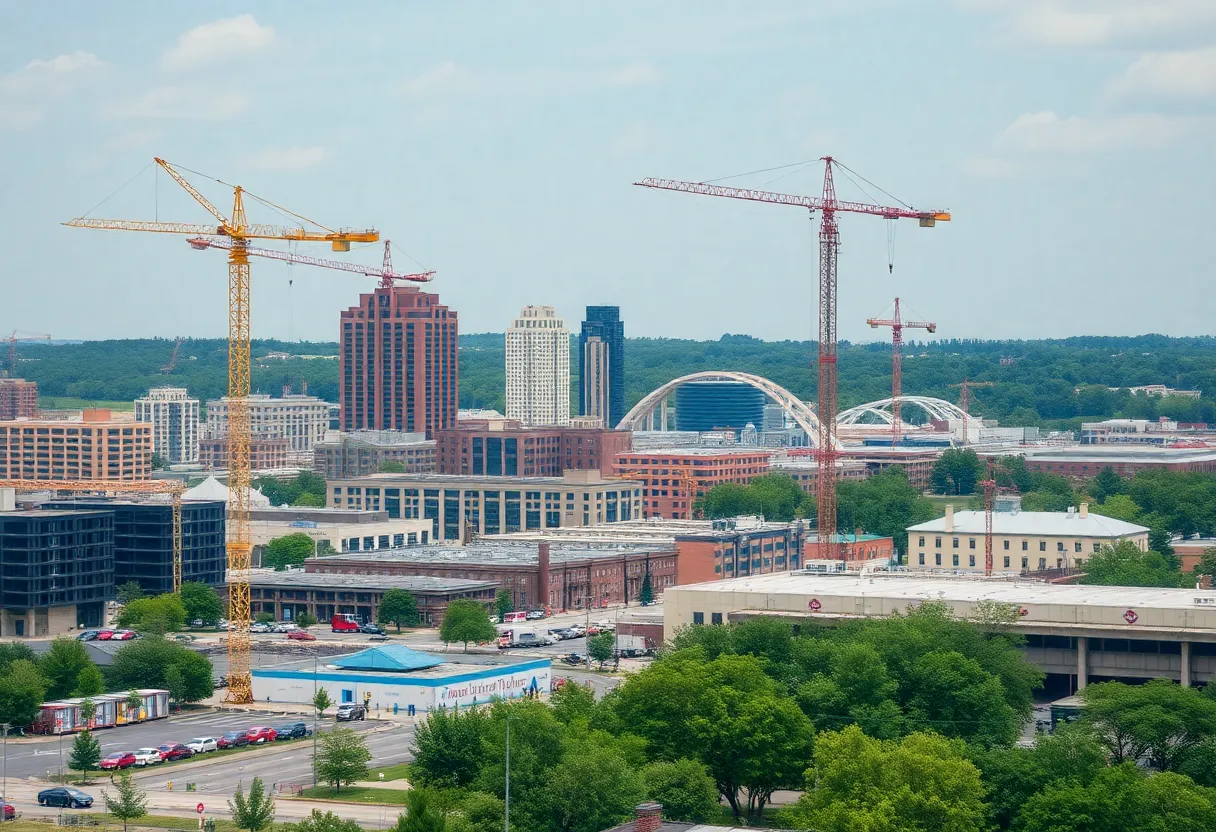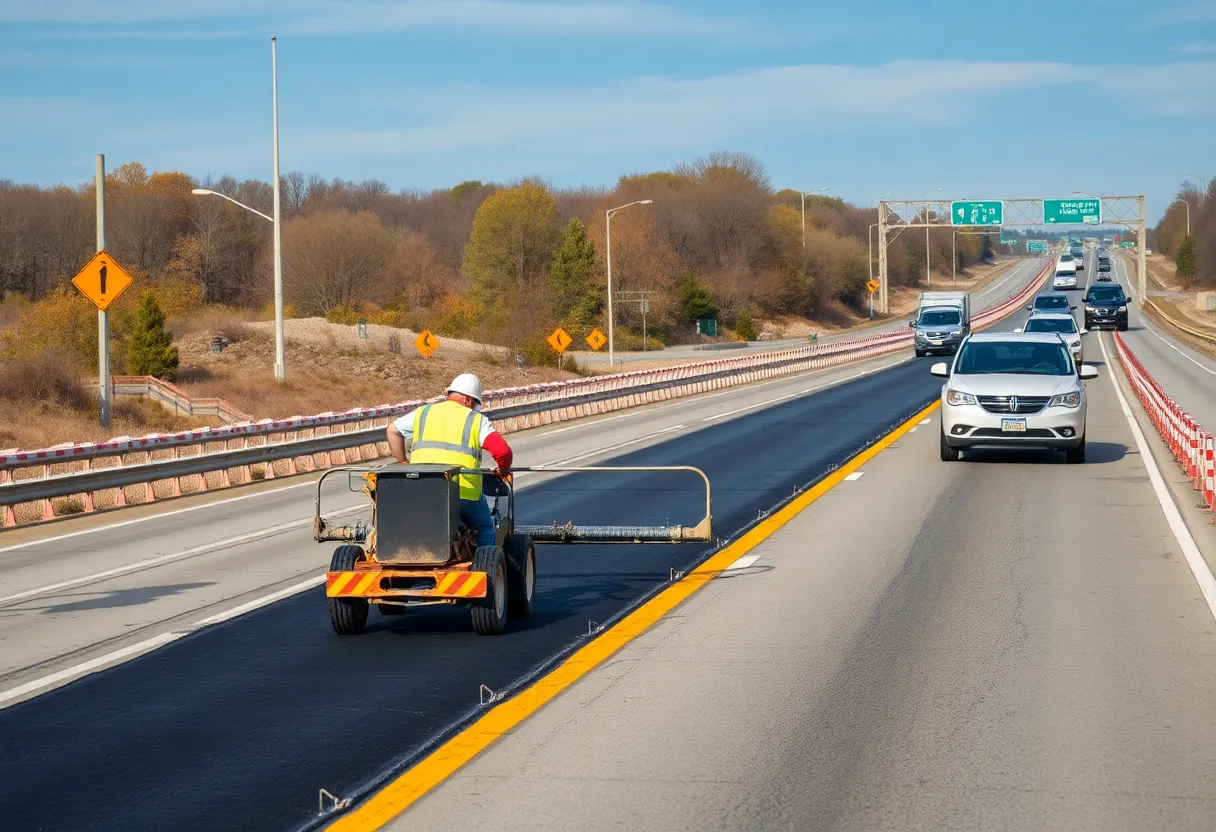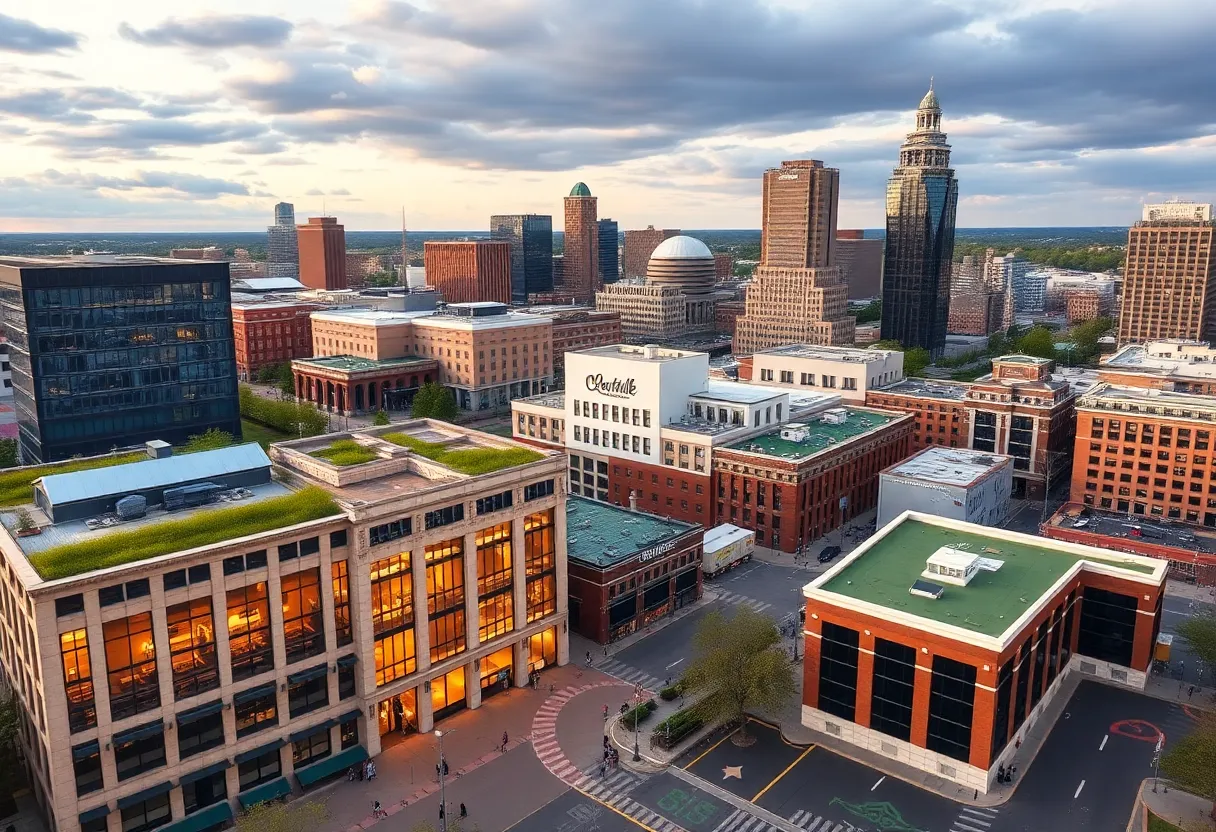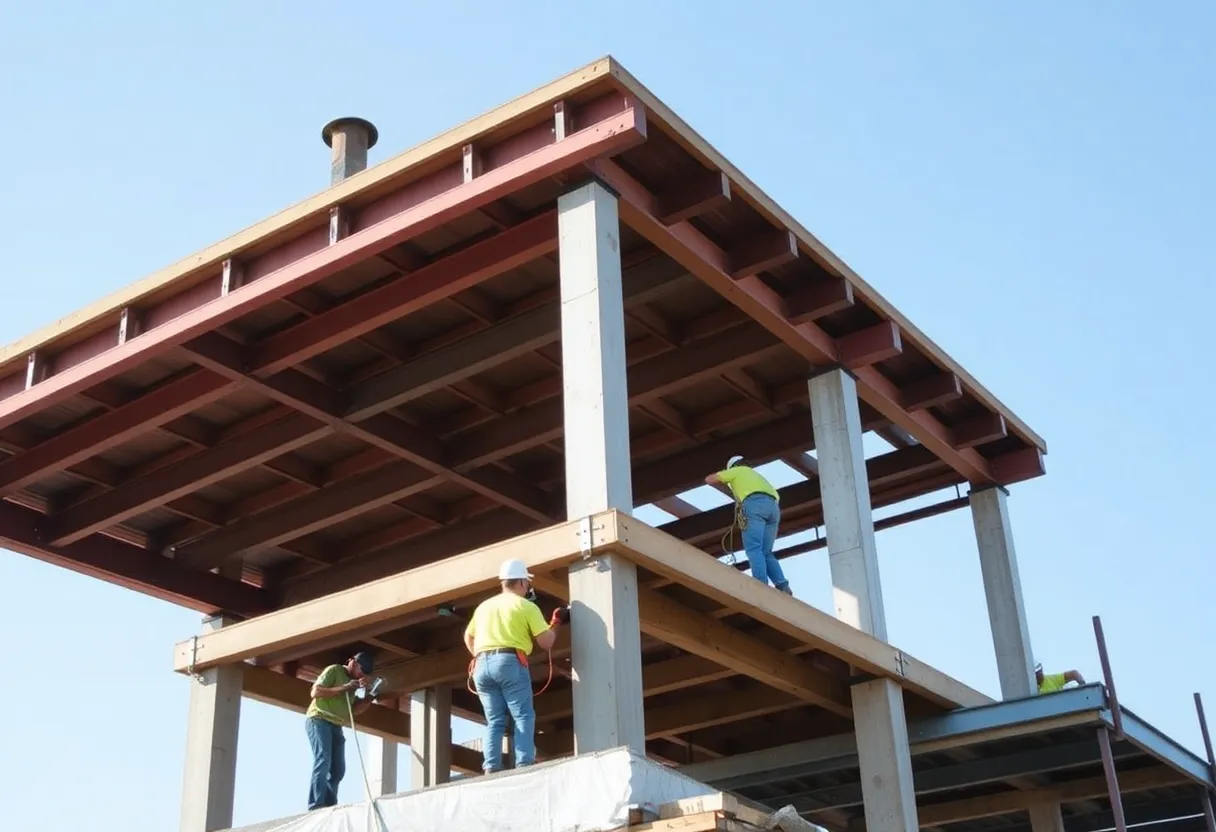Michigan, October 9, 2025
News Summary
Michigan’s Transformational Brownfield Program is encountering significant funding issues, impacting high-stakes development projects. While state leadership discusses new tools for job creation, the program’s funding cap is nearly exhausted, limiting future developments. Recent conversations regarding job-creation tax breaks provide some optimism, but concerns remain about the program’s future. Key projects pending approval include major urban redevelopments, highlighting the urgent need for legislative action to ensure sustainable growth and revitalization in Michigan’s urban areas.
Michigan’s Transformational Brownfield Program Faces Funding Challenges
Michigan’s Transformational Brownfield Program is currently grappling with significant funding challenges as high-stakes development projects await crucial approvals. Despite recent comments from state leadership indicating prioritization of new tools for high-paying jobs, the landscape for current developers remains precarious.
House Speaker Matt Hall’s remarks about state tax incentives for developers have been viewed positively by officials within the state. Although Hall acknowledged that renewing the transformational brownfield program is not a current priority, the overall dialogue surrounding job creation tax breaks has garnered some optimism.
Governor Gretchen Whitmer and legislative leaders have resolved to introduce job-creation tax breaks by the end of the year, following recent budget cuts to economic development funds. This move may provide a glimmer of hope for developers facing uncertainty regarding the brownfield program’s future.
Speaker Hall emphasized the requirement for new tools that support high-paying jobs, which shifts attention away from proposed legislation that would increase the funding cap for transformational brownfield projects. This new focus could potentially hinder the progress of developers who rely on these incentives for their plans.
Bedrock President Jared Fleisher conveyed optimism regarding Hall’s comments on economic policy, expressing that these developments align positively with the operational aspects of transformational brownfields.
Understanding the Transformational Brownfield Program
Initially created in 2017, the Transformational Brownfield Program was reauthorized in 2023 to significantly enhance its funding capacity. The program increased the post-construction tax capture cap from $800 million to $1.6 billion. However, developers have nearly exhausted this cap, with only $30 million left available for allocation. This has repercussions for numerous planned projects, notably the $1.6 billion redevelopment of Detroit’s Renaissance Center by General Motors and Bedrock.
Several developers are keenly monitoring this precarious situation. These include projects to redevelop Lakeside Mall in Sterling Heights, a new hotel near the Suburban Collection Showplace in Novi, and various waterfront endeavors in Muskegon and Holland. In Traverse City, potential subsidies from the program could support the redevelopment of a former psychiatric hospital complex.
How the Incentives Work
The brownfield incentives facilitate developers in capturing increased taxes from multiple revenue sources over a span of 20 years, rendering otherwise financially unfeasible projects viable through future reimbursements. While some critics assert that these developments should operate without subsidies, supporters maintain that the program is a financially responsible mechanism for urban renewal.
In light of this, Hall has expressed that addressing the repeal of existing tax credits remains a higher legislative priority. Despite the challenges, stakeholders like Fleisher remain hopeful that governmental focus on economic development policy will have a positive impact on revitalization efforts in cities.
The Urgent Need for Legislative Action
Michigan’s tax incentive program is nearing a critical funding limit, heightening the necessity for legislative action to sustain future urban development projects. Developers across the state are advocating for an extension of the program and an increase in its funding cap, emphasizing the importance of these incentives for revitalizing Michigan’s urban landscapes.
Several noteworthy projects are currently awaiting approval under the transformational brownfield funding umbrella. These include the $797 million riverfront development in Grand Rapids, essential for securing tax increment financing, and the Middlepointe development in Southfield, which involves a $209 million brownfield incentive to promote mixed-income housing and retail spaces.
The recent redevelopment of the Middlepointe site has been notably significant as it has remained vacant since 2009, highlighting the long-term impacts and challenges of urban development in Michigan. Moreover, the New Vision Lansing initiative, costing an estimated $316 million, aims to deliver 567 housing units along with other amenities, showcasing the necessity of the state’s tax incentives to facilitate financial frameworks for substantial projects.
Conclusion
Ultimately, the ongoing discourse surrounding Michigan’s transformational brownfield program illustrates a vital need for actionable insights and policy revisions to foster continued economic growth and urban renewal across the state.
Frequently Asked Questions
What is Michigan’s Transformational Brownfield Program?
The Transformational Brownfield Program allows developers to capture increased taxes from several sources over 20 years to make financially unfeasible projects viable through future reimbursements.
Why is the program facing funding challenges?
The program has nearly exhausted its funding cap, with only $30 million remaining unallocated, which affects numerous high-stakes development projects across the state.
What projects are impacted by these funding challenges?
Projects like the $1.6 billion redevelopment of Detroit’s Renaissance Center, Lakeside Mall redevelopment, and waterfront projects in Muskegon and Holland are among those in limbo due to funding shortages.
Deeper Dive: News & Info About This Topic
Additional Resources
- Lansing State Journal: New Vision Brownfield Funding
- Detroit Free Press: Middlepointe Apartments Brownfield
- MLive: $316M Housing Project in Lansing
- Crain’s Detroit: New Vision Lansing Project
- Michigan Capitol Confidential: Economic Development Grants
- Wikipedia: Transformational Brownfield Program
Author: Construction FL News
The FLORIDA STAFF WRITER represents the experienced team at constructionflnews.com, your go-to source for actionable local news and information in Florida and beyond. Specializing in "news you can use," we cover essential topics like product reviews for personal and business needs, local business directories, politics, real estate trends, neighborhood insights, and state news affecting the area—with deep expertise drawn from years of dedicated reporting and strong community input, including local press releases and business updates. We deliver top reporting on high-value events such as the Florida Build Expo, major infrastructure projects, and advancements in construction technology showcases. Our coverage extends to key organizations like the Associated Builders and Contractors of Florida and the Florida Home Builders Association, plus leading businesses in construction and legal services that power the local economy such as CMiC Global and Shutts & Bowen LLP. As part of the broader network, including constructioncanews.com, constructionnynews.com, and constructiontxnews.com, we provide comprehensive, credible insights into the dynamic construction landscape across multiple states.





